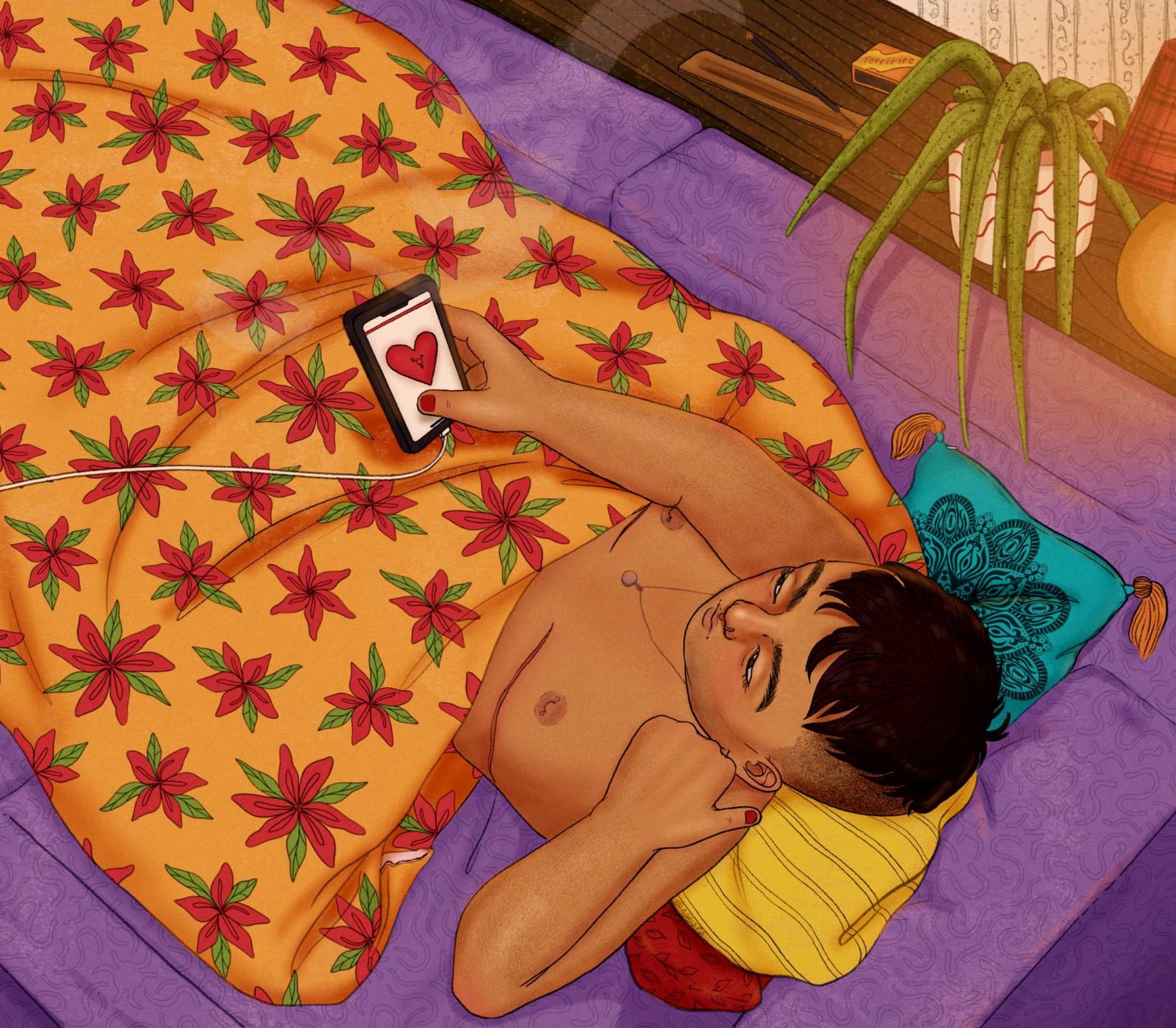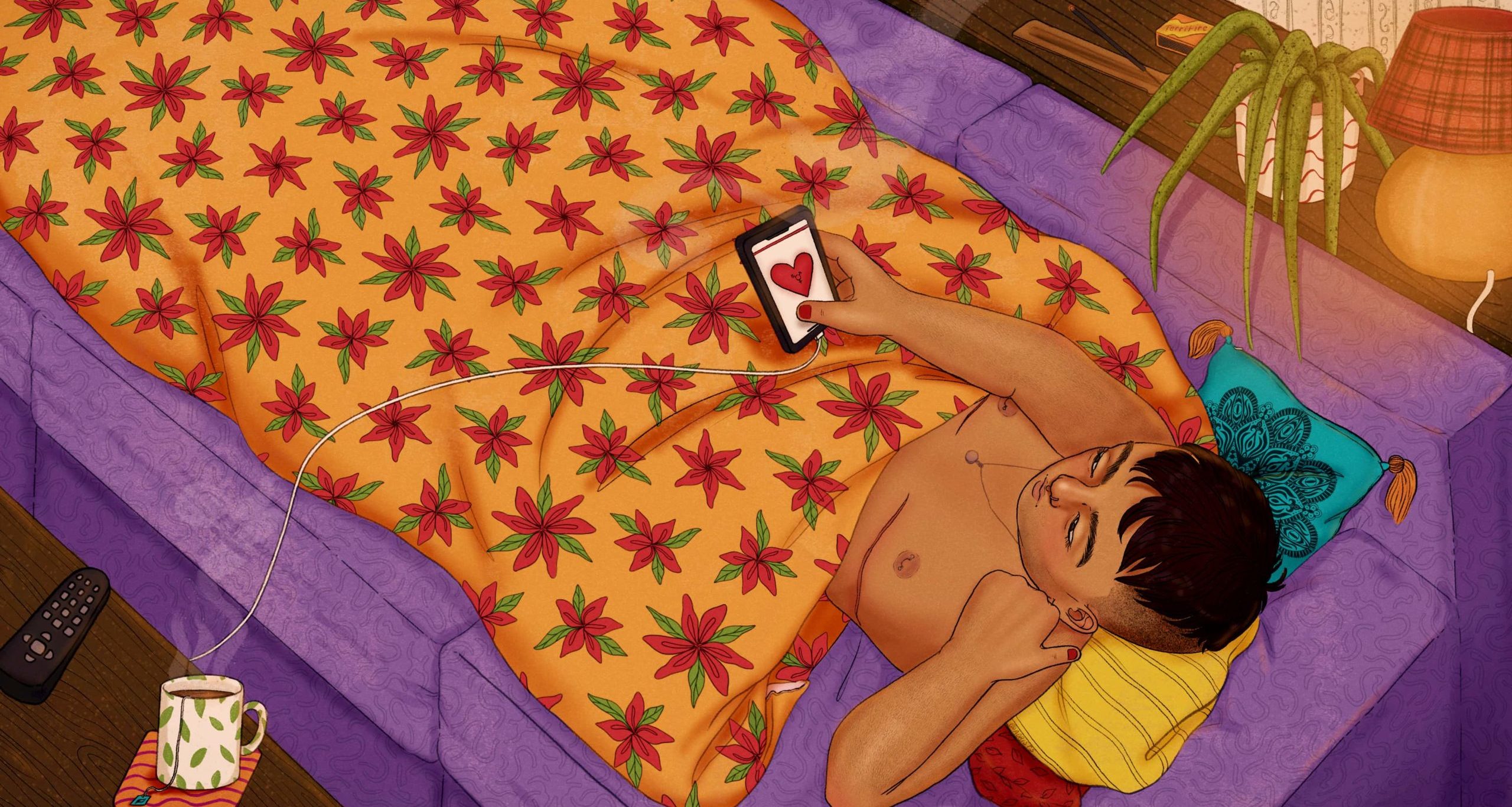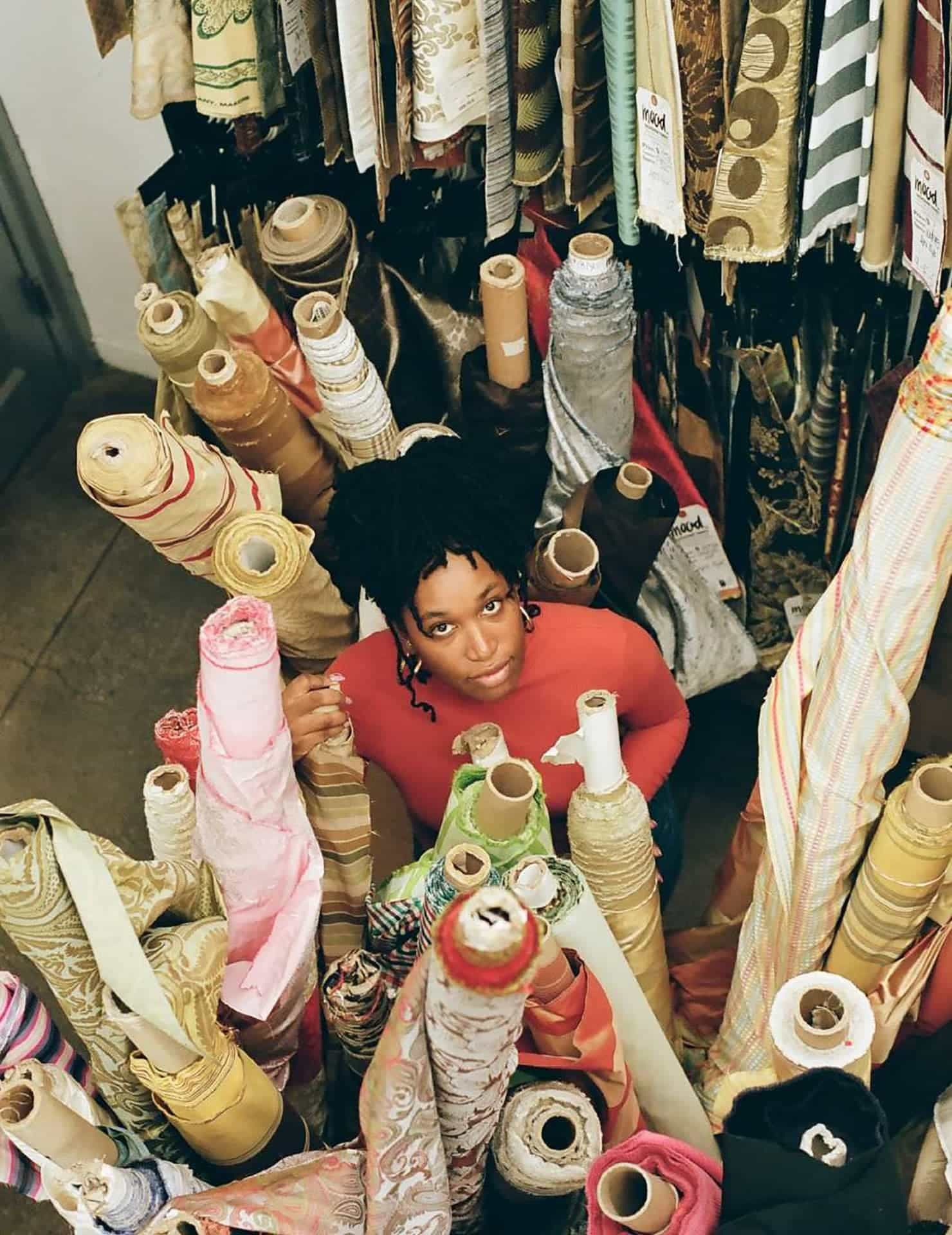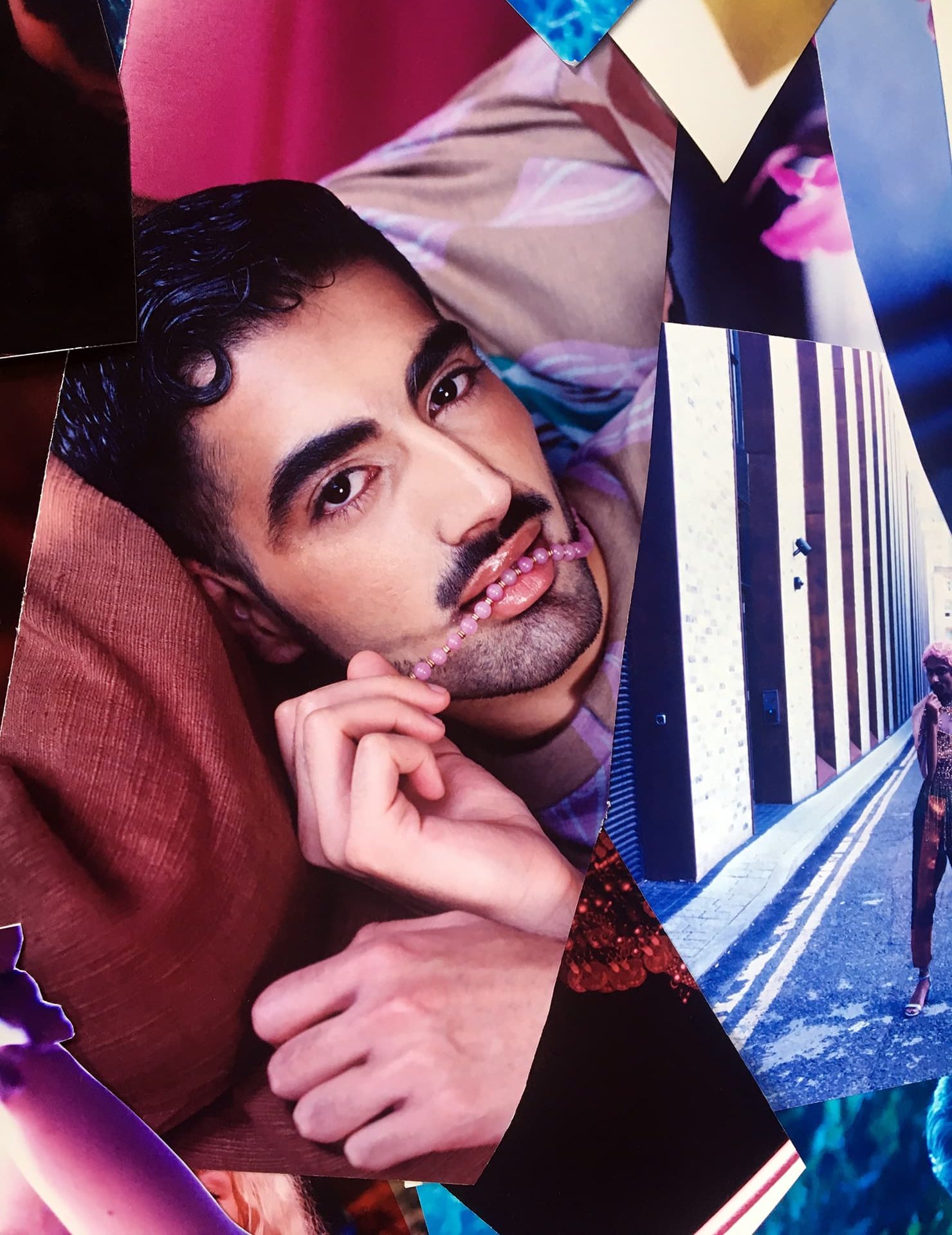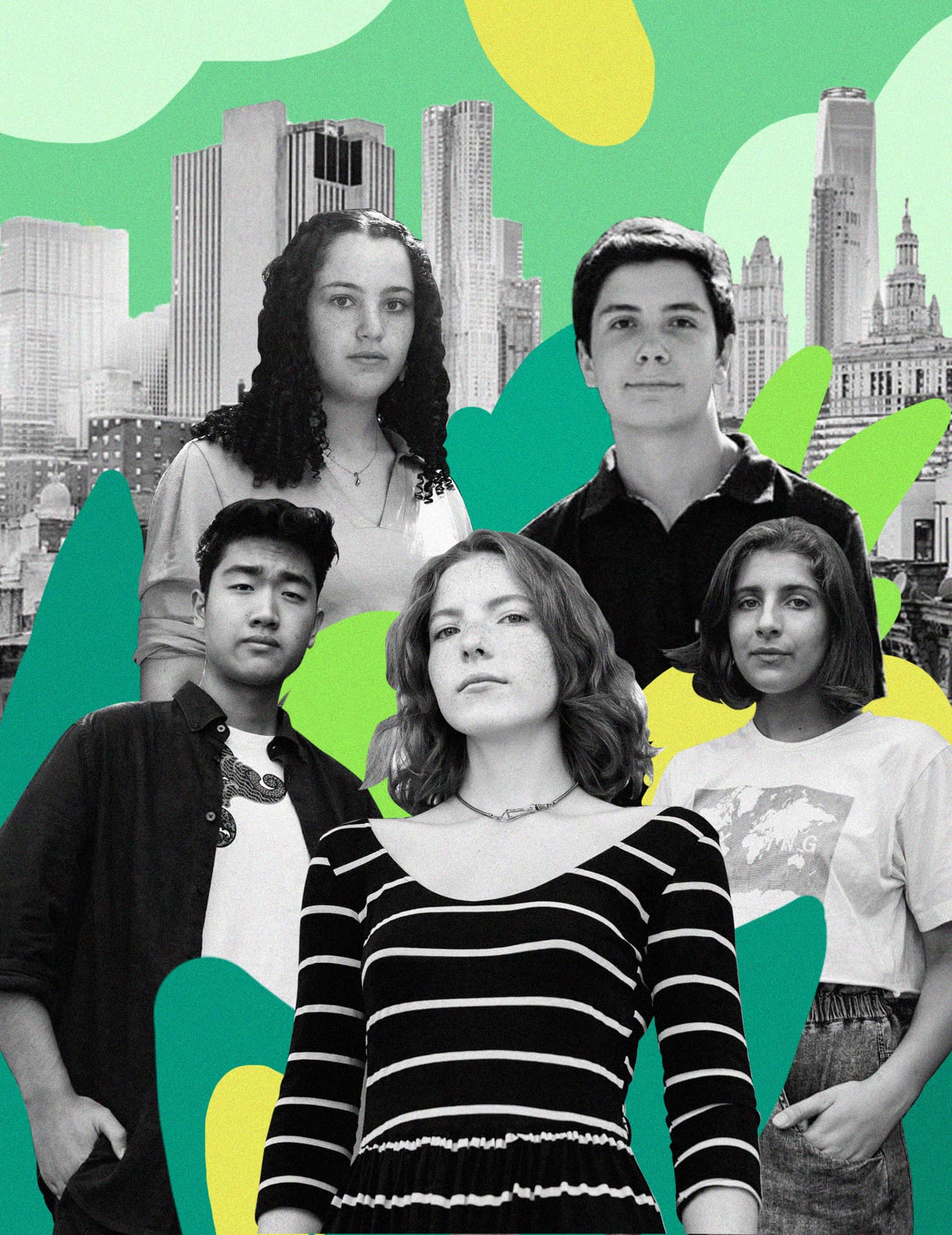I grew up in Charleston, South Carolina. As a teenager, I experienced anxiety and depression and found myself seeking mental health counseling to get through it. My therapist was all I needed at that age–she gave me string cheese sticks and mini water bottles during our sessions, and we sifted through all my deepest fears and desires.
The next time I went to counseling, my intention wasn’t as much to resolve depression or anxiety as it was to learn how to navigate ethics with my growing awareness of racism, misogyny and the like. I had grown into my voice in my 20s, evolving to be more outspoken in instances of bigotry or exclusion. This challenged me to refine my sense of what was right and wrong. It was a pivotal personal journey, and so I resolved that it was important to find a counselor who could understand my social and political perspective. I tried working with counselors in Maine and New York, and although one of them was a member of the LGBTQ+ community, both avoided addressing issues I had raised that were related to my identity or orientation in the world. Neither seemed to understand what it meant to be a QTPOC (queer and trans person of color), particularly its dynamics and language. This meant I often walked out of sessions feeling emotionally unresolved and, for a while, I stopped trying to find a competent therapist. I decided speaking with my close friends and writing would be both cheaper and more effective.
